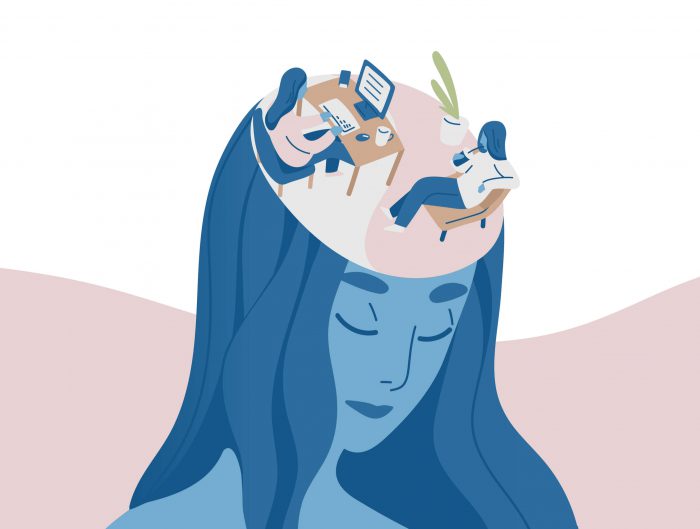
The rapid digitalisation of healthcare has its limits. Human talent will still be integral to healthcare delivery.
Digital transformation has been sweeping almost all industries in a tsunami-like fashion since Covid-19. As pandemic mitigation measures continue to change the way we live and work, among the sectors experiencing an extraordinarily rapid advancement is healthcare.
Telemedicine is being deployed more widely. AI and IoT are also being more widely used in screening and clinical decision support systems.
Against this backdrop, Head, Medical Sector Recruitment Group at PeopleSearch Singapore, Garry Ong sheds light on the types of skills and talent needed to keep the momentum going.

Garry Ong, Head, Medical Sector Recruitment Group, PeopleSearch Singapore.
Since the pandemic, apart from a focus on vaccine development and wellness in general, we have seen a paradigm shift in healthcare delivery. Remote care solutions which include consultation, diagnosis and patient monitoring are certainly a primary growth area. In countries with an ageing population, there is also a big push now to improve remote care services catering to the management of chronic diseases. In addition, cutting-edge technology layers are being added to every aspect of healthcare.
Aside from technology innovators, developers and engineers, data scientists are very much in demand as data forms the basis of AI and IoT in healthcare to provide insights across the value chain. Data scientists are needed to translate data into actionable insights for not just diagnosis, but treatment options and the overall patient experience. All of this will be instrumental in formulating solutions more nimbly and improving patient outcomes.
In tandem with this, the demand for information security and cyber security professionals is increasing. Both healthcare providers and patients need to be assured that their data is safe in order for adoption to increase.
Covid-19 has also made people more conscious of disease prevention, so the wellness sector is growing. The development of digital devices such as portables, wearables and implantables is seeing a resurgence. These devices collect data that can explain, influence or predict public health outcomes and help shape human behaviour in terms of fitness and nutrition. Developers and data scientists will play a key role in this regard.
Physicians and nurses are certainly still needed. Technology will not replace these individuals. It will simply enable them to work more effectively and efficiently. Care, empathy and nuanced critical-thinking when it comes to making clinical decisions, remain vital.
There’s also a greater demand for professionals in the field of Health Economics and Outcomes Research (HEOR). Researchers such as health economists are needed to constantly study how to deliver the best possible health outcomes at affordable prices.
Overall, employers in the healthcare sector are looking for innovative thinkers and problem solvers. Those with a high level of emotional intelligence who can work well in a team and in an agile fashion will also be required to lead and execute high-level transformation projects.
For bespoke human capital advice, get in touch with us.




Leave A Reply